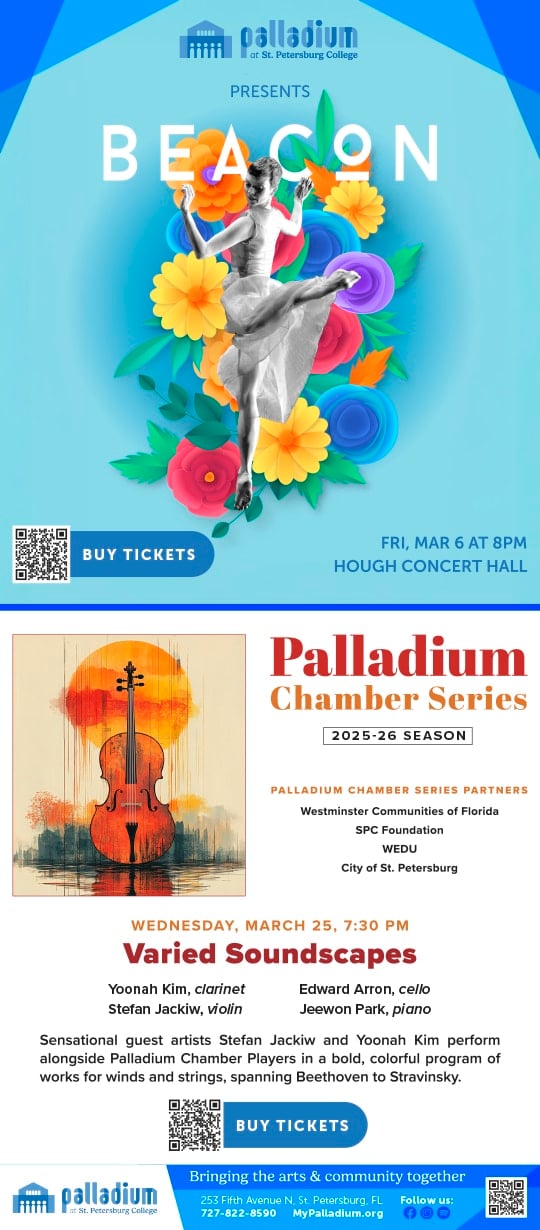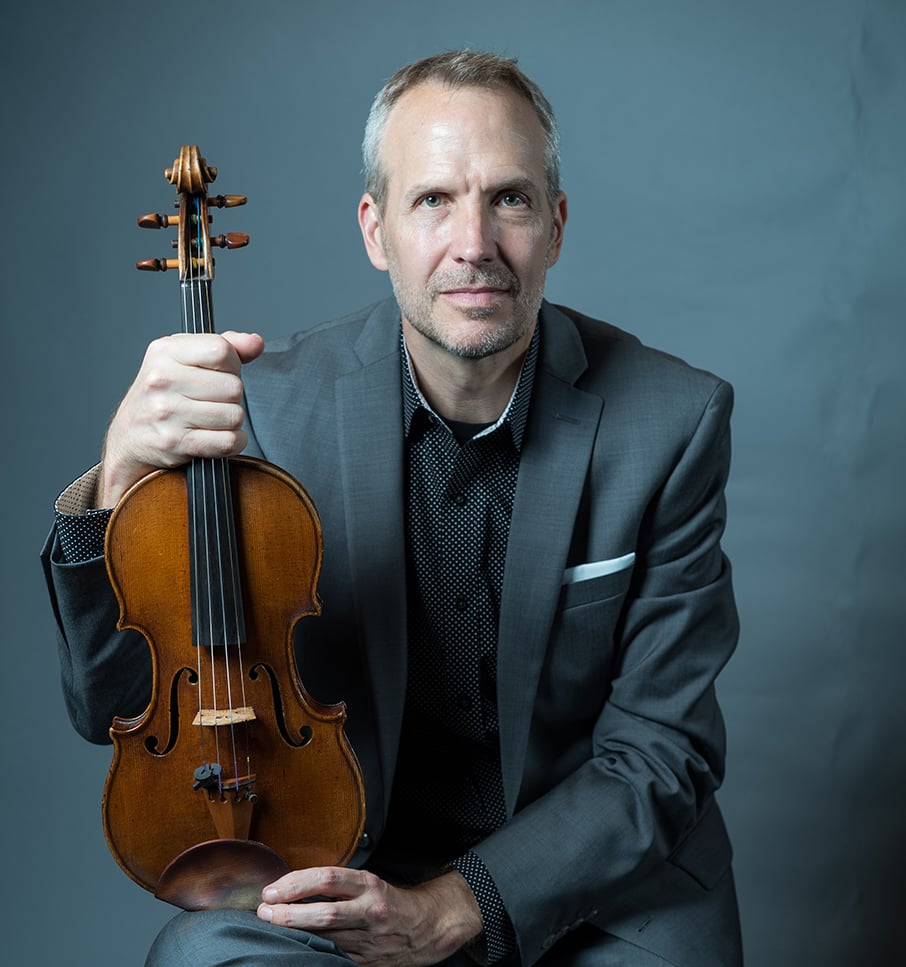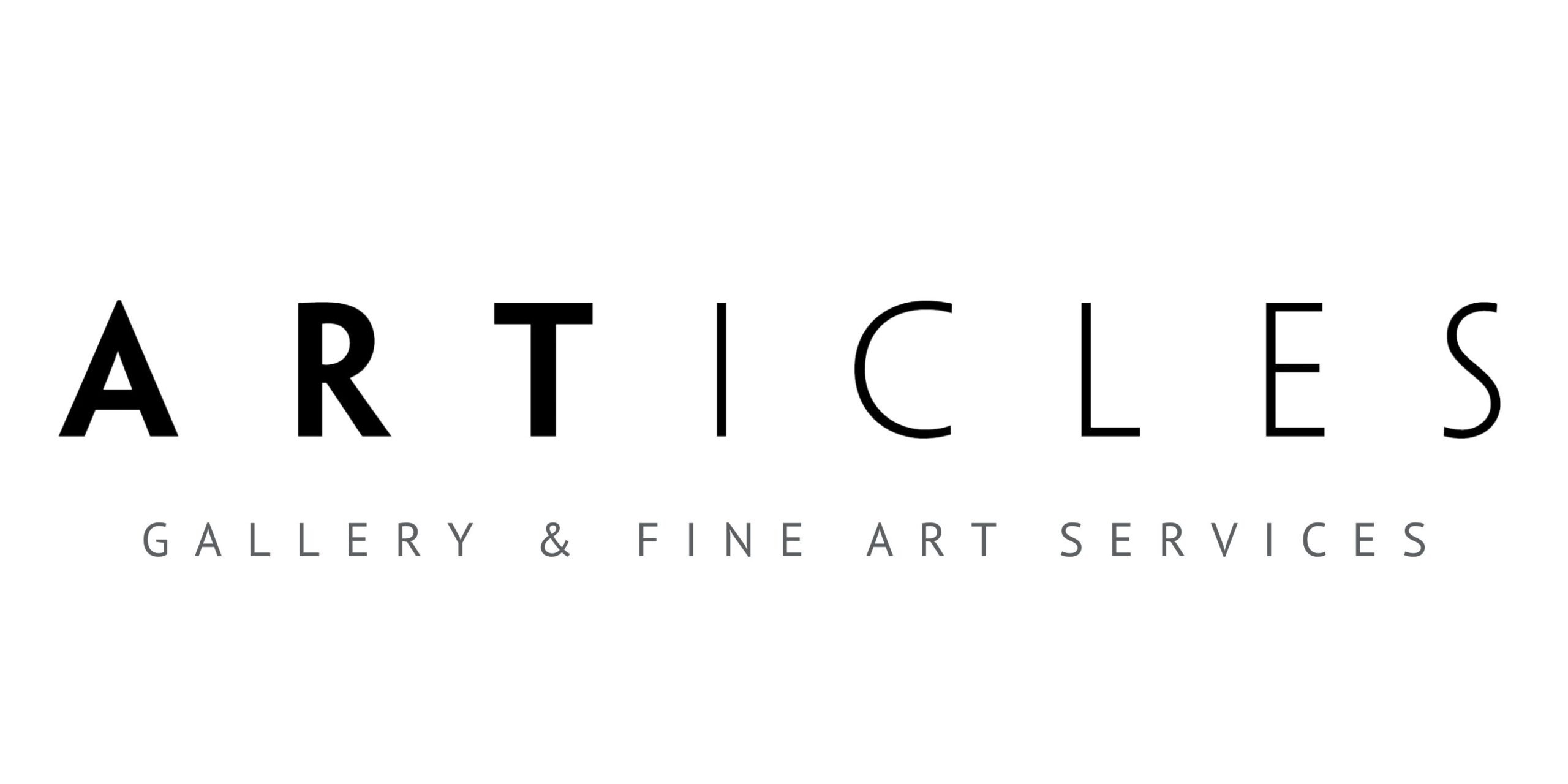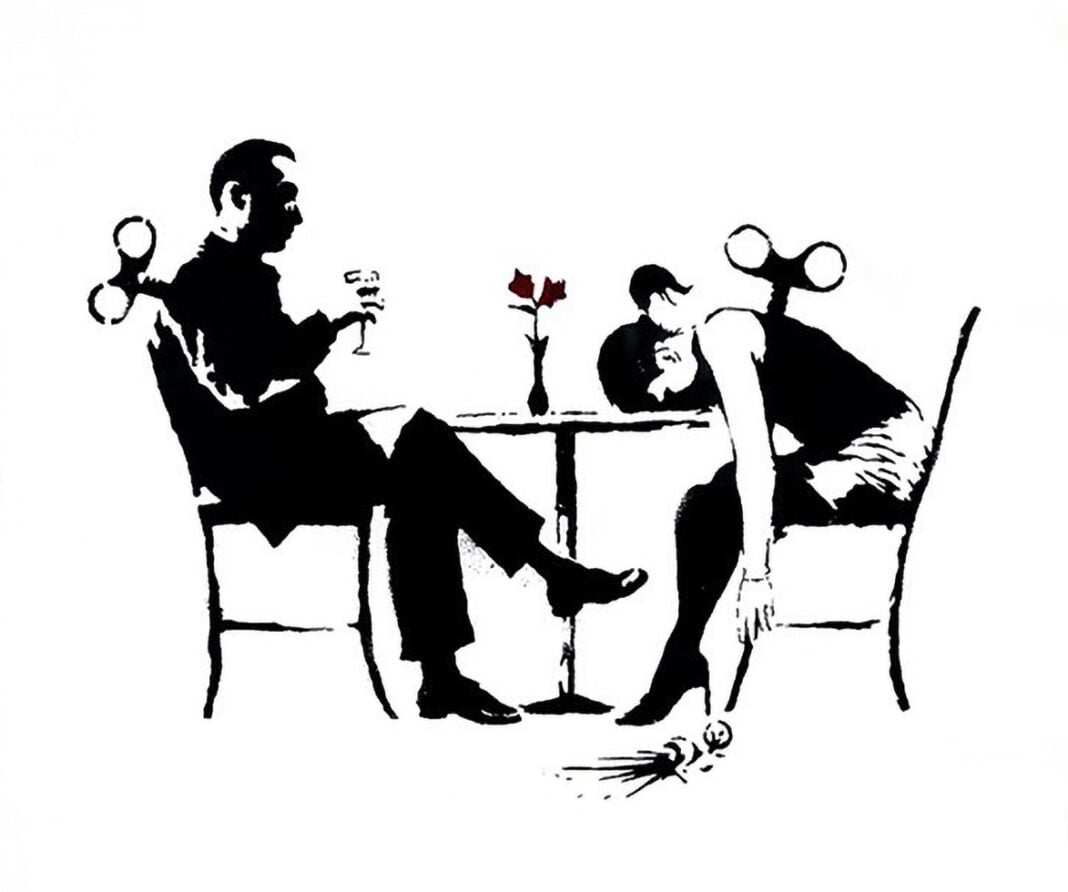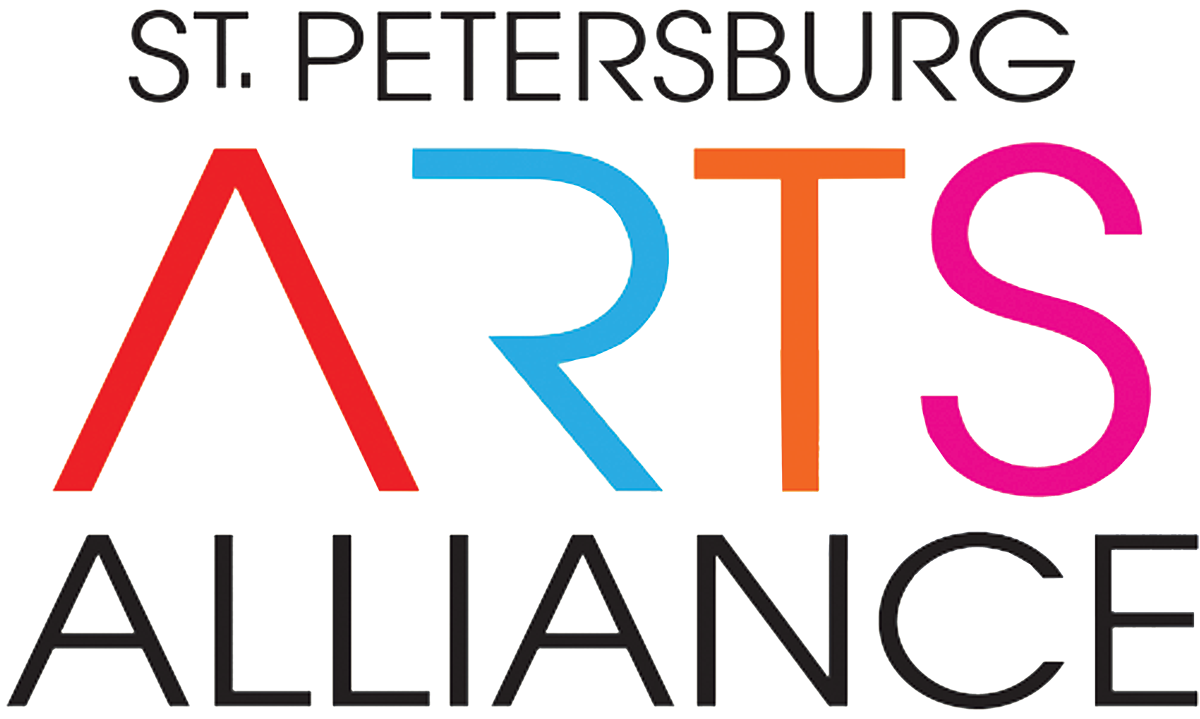There’s an old chestnut tossed about by music-industry types paid to put butts in seats at classical concerts. It goes something like this:
“People ask me what they need to know to enjoy classical music, and I always respond, ‘Not a thing — just come to a concert and let the music’s magic carry you along.’”
Humbug.
I’m not a professional musician — and I definitely don’t play one on TV — but I’ve managed to acquire a good bit of understanding about the classical repertoire, how it’s played, and who does it best and why. And my enjoyment of concerts and recordings has increased steadily as my understanding has improved.
Of course, first and foremost the love and understanding of any kind of music requires one to listen to a lot of music, especially for those unschooled in a musical instrument. So anyone unacquainted with many classical works can do themselves a treat simply by jumping into the pond and catching a couple of live concerts — which they are mostly likely to enjoy.
It won’t cost you a bundle to attend concerts by community ensembles: The Tampa Bay Symphony charges just $25 admission, and the Pinellas Park Civic Orchestra’s programs are free. And the wonderfully professional Palladium Chamber Series sells tickets starting at an incredible $15.
The Palladium series recently hosted the fabulous Calidore String Quartet, which has achieved international renown for its concerts and recordings, especially its Beethoven treatments. Other series programs include various string groups featuring Jeffrey Multer, the accomplished concertmaster of The Florida Orchestra and one of the founders of the Palladium series.
But there are also lots of other ways to develop an “ear” for classical music. Maybe the easiest: listening to classical radio stations.
In the bay area, there’s Sarasota-based WSMR. The station’s signal tends to break up in parts of Pinellas and Hillsborough counties (though smart devices will stream it clearly). Happily, the station simulcasts as WUSF-FM over the HD2 stream, and many car radios feature HD 1 & 2 settings these days.
Discovering that capability has transformed my listening habits behind the wheel. The evening drivetime show with DJ Mark Michaud is a personal favorite, and the station’s weekly show on contemporary classical music, hosted by area composer Tyler Kline is not to be missed. A Sarasota Orchestra concert is broadcast each Tuesday night.
Smart devices also can stream other radio stations from all around the country. I love taking those kinds of virtual listening trips. It can be interesting to compare their respective programming approaches. WSMR/WSUF skews a bit more toward light classical than stations that program more symphonic fare, for example.
Online discoveries
All by itself, lots of listening to classical music will help develop an ear for the sorts of instrumentation and orchestration common to classical music. But then, why not go a bit further and read up a bit, maybe check out a music blog? Check out concerts on YouTube, offering musical insights via soloist close-ups and other visual cues. Leonard Bernstein’s series of “Young People’s Concerts” are among the more famous video delights.
You might consider reading one of the many books that serve as primers on classical music. One I’d recommend: “What to Listen for in Music,” by Aaron Copland.
I’d also suggest acquiring some classical recordings. There are hundreds released every year, and that sort of “buy-in” will serve you well the next time you peruse the concert schedules of local ensembles.
Early on, I found Debussy, Dvorak, Liszt and Beethoven among the most accessible composers, but you soon will find your own comfort zone. Maybe pick out a favorite in each classical music period — Baroque, Classical, Romantic and so on. Headphones or earbuds can be helpful for singling out individual instrument sections.
Challenging composers
There are such things as “difficult” composers, but there are none to fear (OK, maybe Schoenberg, though I persevere.)
A friend of mine is a big fan of all things Anton Bruckner. He’s a card-carrying member of the Bruckner Society who’s traveled with the group to the composer’s Austrian hometown. Sol has been proselytizing about Bruckner symphonies for the 40 years I’ve known him and tends to point newbies toward Bruckner’s 4th Symphony (I’d add the 7th).
For most, Bruckner is an acquired taste. I once might have said the same about Mahler and Shostakovich, yet today they are two of my very favorite composers. During the pandemic, I got quite chummy with box sets of their symphonies and they remain in regular rotation on my home stereo.
But I should be clear: For those seeking a toehold grasp on the classical repertoire, don’t be afraid of singling out the composers that you “get.” Then go visit your local concert hall and record store — or maybe just turn on the radio. •
Photo courtesy of TFO/Matt Dine
Jeffrey Multer, concertmaster of The Florida Orchestra and co-founder of the Palladium Chamber Series, frequently plays with chamber ensembles taking part in the series — one of the most affordable, top-quality classical music offerings in the Tampa Bay area.




